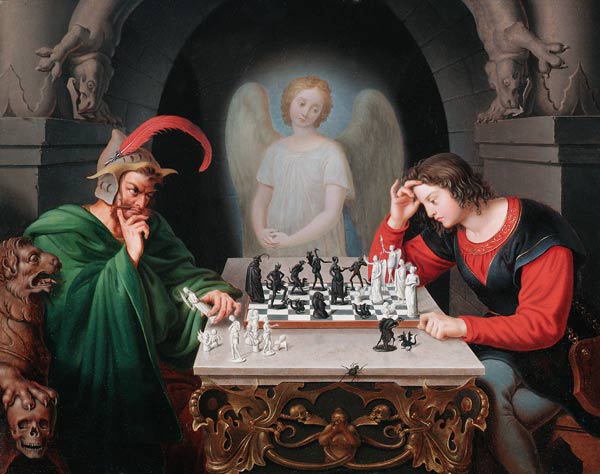
February 14, 2021; Lv 13:1-2, 44-46; Mark 1:40-45; 6th Sunday in Ordinary Time
If you were a leper at the time of Jesus, you would be a person without hope. The Jews of the first century did not understand leprosy. They did not know what caused it. They did not know how to cure it. But they did know that it was contagious. So lepers were required to remain in their own dwellings with other lepers. When they did come out into public, as we hear in today’s first reading, they were required to cry out, “Unclean,” to keep others away from infection. Sound familiar? Our experience with Covid is a leper-experience. We have been remaining in our homes, separated from others. When we go out we have to maintain social distance to keep the disease under control. Now, of course, we have a fervent hope that the vaccines will bring our leper-experience to an end.
But this was not the case of a leper of the first century. Those who contracted the disease at that time received a life sentence. For the rest of their days they would live in isolation and exclusion. So you can see how the leper in today’s gospel is a fitting representative of all the hopelessness that we can encounter in our lives. When we feel trapped, when we feel that our future is not viable, we stand as a leper before the Lord. Our hopelessness can come from the loss of someone we loved deeply, and it seems impossible that our future can never be whole again. Our hopelessness might come from a problem with one of our children, our spouse, or another family member, and we see no way out, no way to control the damage. Our hopelessness could come because our lives are ruled by jealousy, anger, or fear, and such emotions rob us from the joy of living.
Whenever we find ourselves in these conditions of despair, we stand as a leper before the Lord. Like the leper in today’s gospel, the challenge is to believe that Christ can heal us. How do we find such faith? How do we discover the courage to believe? A story might help. In the 19th century there was a German Artist by the name of Moritz Retzsch. He created a painting that came to be called “Checkmate.” The painting shows a young man playing a game of chess with the devil. It is clear in the painting that the game is being played for the young man’s soul. In the center of the painting there is a chess board with all the pieces clearly shown. On one side of the chess board sits the devil, dandily dressed in a green cope with a red feather in his cap. The devil is smiling. On the other side of the board sits the young man who is in deep despair, because the devil has just made a move and trapped his king. The young man sees no way to escape. People who know chess have looked at the arrangement of chess pieces in this painting and concluded that the young man’s situation is impossible. He has already lost the game. In a few moments he will have to turn over his soul to the devil.
Many years later after this painting was created, a famous American chess master by the name of Paul Morphy came across a reproduction of the painting at a social in his friend’s house. Because Morphy was such a famous chess player, the guests asked him to assess the young man’s situation. When Morphy looked at the position of the chess pieces, he agreed with the consensus that the young man’s position was hopeless. He had lost the game. Then the conversation at the social turned to other topics. But Morphy remained before the painting. After some time, he became excited and began to shout at the young man in the painting, “Don’t give up! Don’t give up! Your king has one more move.” Then Morphy showed the amazed guests that the young man could move his king to a certain square and still win the game.
This story has become popular in religious circles, because it points to a truth of our faith. When our situation is desperate, when our future seems impossible, we remain people of hope. Because when we stand as a leper before the Lord, we continue to believe that our King always has one more move.

Thank you,Fr. Smiga. I found your webpage/blog a few weeks ago and it has become a tremendous source of faith, inspiration, education and joy for me.
I was not looking for your page; but happened upon it by the grace of God. Thank you .
Brilliant !
I always enjoy your sermons and perspective.
It keeps me thinking. . .
God Bless.
I always enjoy all of your reflections in the livingwithchrist magazine. You are awsome.
Just like in chess, life often places us in seemingly impossible situations. As a chess player, I’ve encountered positions where spectators deemed the game lost, only to find a surprising sequence of moves that led to victory. This speaks volumes about the resilience of the human spirit and the importance of keeping our faith alive even in the face of despair.
also just to add to this – the story is indeed true – have a look here
https://chesslovin.com/checkmate-painting/
seems to have found the original story and how it unfolded, amazing how it is still used as a inspiration 100s of years later